Throughout the week at this year’s Sibos, the CEOs of many of the world’s biggest banks have offered their “views from the top” and outlined what they see as the biggest emerging trends in the financial space. We have already covered Citi’s Jane Fraser and the huge importance she placed on digital transformation, a trend she believes banks must embrace if they wish to prove their superiority to the world of decentralised finance. But what did Société Générale’s Frédéric Oudéa identify as his big three “main trends” in banking?
Yesterday at @Sibos, Jane Fraser of @Citi spoke about the "winds of change" that are blowing through the industry. How does she think #banks can prove their relevancy in an increasingly competitive world?#DigitalTransformation #DeFi #Crypto #Sibos https://t.co/bpq5pfev3P
— #DisruptionBanking (@DisruptionBank) October 13, 2021
Trend One: Globalisation
Oudéa believes that one result of the pandemic could be an end to “globalisation as we knew it.” For many, the supply challenges the pandemic raised, such as the procurement of PPE, proved the importance of having a certain degree of self-sufficiency. That borders were slammed shut worldwide has also arguably led to a localisation in mindset, a greater appreciation of home and local markets.
With the world also increasingly dividing into two camps – those aligned with America and those aligned with China – we will also potentially see less intermixing, and indeed perhaps less trade, between East and West: something that will force banks to reconsider their commercial strategies. These were all factors which Oudéa touched upon:
“[The first trend is] probably the end of globalisation as we knew it: I mean the capacity, the free capacity, to take advantage of the pool of talents across the world very freely. I think with this pandemic, with the issue of supply chains, [and] with the issue also of the geopolitical tensions which are here to stay – between, for example, the US and China – there is a new way of thinking about how to protect the country.
“[Countries want their own access to] pharmaceuticals, semiconductors, natural resources. And of course, on top of that, with the feeling again that it will be strategic, to, for example, transform according to ambitions regarding climate change. So I think you will see a kind of localisation of supply chains. And of course we have to factor that.”
In Suez Canal, stuck ship is a warning about excessive globalization. One mishap could sow fresh chaos from Los Angeles to Rotterdam to Shanghai underscored the extent to which modern commerce has come to revolve around truly global supply chains. https://t.co/Y3FFn74BVk pic.twitter.com/oUxKB85cAZ
— Holger Zschaepitz (@Schuldensuehner) March 27, 2021
Trend Two: ESG
Perhaps unsurprisingly, Oudéa also saw ESG as another big banking trend, one that he believes will be of increasing importance. In the run up to COP26, to be held in Glasgow at the beginning of November, Oudéa focused particularly on environmental issues, though he also touched on the role he believes banks should play in terms of promoting diversity and equality:
“The second trend is clearly around ESG because this crisis has been understood. And, of course, some catastrophic events in the world have been seen as additional signs that we are not growing in a sufficient, responsible way. And the level of expectation around all the topics of ESG, it is not [just about] climate change and the environment […] it’s also about how we manage our clients, how we manage our staff, the way people will want to ensure that companies are responsible in terms of diversity, governance issues, etc, are now really at the forefront. It cannot just be communication. It has to be at the heart of the strategies of companies. And I think really that 2020 is, from that point of view, a pivotal year.”
However, a big issue in ESG investing recently has been the problem of greenwashing. Just last week the International Monetary Fund (IMF) called “on regulators to prevent financial companies from making misleading claims concerning their environmental credentials.” As Oudéa suggested, some financial firms have arguably seen a commitment to ESG as a matter of cosmetics or public relations, attempting to tick an ESG box in order to benefit from increased capital. Partly because of this, between 2018 and 2020, “European asset managers had to strip the ESG label off $2 trillion in allocations, as stricter rules were devised.”
DWS shares slide after greenwashing claims prompt BaFin investigation https://t.co/NGz42PDhw4
— Finance News (@ftfinancenews) August 26, 2021
How can greenwashing be prevented, and how can we ensure that capital is flowing in the right direction? On this point, Oudéa argued that definitions, and agreeing upon industry-wide standards, will be critical:
“Let’s take a step back and just understand what we have to do as banks. I would say first of all, [we should] think about how to shift the credit portfolio, the loans that we make to companies and ensure that, yes, the way we finance is converging towards the objectives of limiting the increase of temperature. So, for example, reducing in absolute terms, the amount of billions of euros which finance the extraction of oil, gas, of course, coal, [and finance instead] more renewable [sources of energy].
“[…] It will take years and we need to be pragmatic and accompany the economies: we want also to keep jobs, avoid social unrest, etc, you know, but again we are definitely committed. And at the same time on the investment product side, we’ve seen also more and more expectation, from a client’s retail or institutional investor, towards green investment solutions.
“But we are still in a situation where there is a lack of clarity of definition. There is no standard definition; ourselves, we are working with other banks to try to establish reasonable standards and you know, for example, the European Central Bank itself is working on a taxonomy to try to classify activities in different brackets.
“So, of course, it’s complex for financial institutions, and they have to try to do their best to say what we are, what we are doing and according to which standards. And then, naturally, supervisors and regulators are going to look at that closely. It’s not just about precise definition and how financial institutions are complying [with regulations] and putting their actions in line with what they say. We always do that to try to ensure that the people who put their trust in what we are proposing [in terms of] investment solutions, [get] what they expect and [achieve what they] want to achieve.”
(THREAD) We need global standards to combat greenwashing and improve transparency in sustainable finance, writes Executive Board member Fabio Panetta in #TheECBBlog. Inconsistent approaches risk leading to fragmented markets and lowering standards https://t.co/M52UgKcMUd 1/3 pic.twitter.com/7SYuhfeMX4
— European Central Bank (@ecb) May 11, 2021
Trend Three: Digitalisation
Finally, Oudéa identified digitalisation as his third major trend. This is something which Jane Fraser of Citi talked about as well: she believes the “architecture of finance – and by that I mean global currencies, all the way down to payments, lending and deposits – it’s unbundling, bit by bit. And it’s really bundling around a new, largely digital, architecture.” Oudéa noted how this has partly been caused by the practicalities of the pandemic, and the manner in which almost all forms of corporate and retail banking activity was shifted online:
“For eighteen months […] all of us have been consuming and have been accessing goods and services, even more than before with digital tools. And I think we will see, again like ESG, an acceleration of the rethinking of the business models.”
On the digitalisation of money, Oudéa was sceptical about the viability of “independent” cryptocurrencies such as Bitcoin. He suggested that the markets of such currencies are too volatile, and do not command widespread trust because they are not backed by a centralised authority such as a central bank. He did not quite go as far as J.P. Morgan’s Jamie Dimon, who recently branded Bitcoin “worthless,” but the message was clear.
"I personally think Bitcoin is worthless."
— Bloomberg Technology (@technology) October 11, 2021
JPMorgan's Jamie Dimon says during the IIF annual membership meeting https://t.co/sv44ZKfpig pic.twitter.com/RYlkgyfczF
For this reason, Oudéa argued that cryptos will have a role to play in the future of banking – but they will have to be cryptos created by, and under the control of, established monetary authorities:
“I believe that cryptocurrencies, developed by central banks and not independent ones, will be certainly part of the future. At least there is a strong willingness, whether it’s in China, the US or Europe, to effectively consider this kind of development. […] it’s a natural advantage of new technology.
“Then the question is how it will function in practice, and of course the role of banks. I think the European Central Bank has been very clear, which is to say we want to preserve the role of banks as intermediaries between us, central banks, and, for example, the individual clients which might have access to these digital currencies. [They want to] carry on having banks participating in the financing of the economy, with the deposits of clients. So it’s a work in progress, but of course we want to participate in that process.”
Throughout his appearance at Sibos, Oudéa was keen to emphasise the important role he believes banks will play in the future. He frequently argued that the way in which banks supported economies and individuals throughout the pandemic, and the manner in which they got cash to individuals quickly, is a testament to their resilience: and proof they will always be needed, particularly in times of stress. The three big trends Oudéa identified – the end of globalisation as we know it, ESG, and digitalisation – in many ways summarise the major economic challenges of our time. What role will banks play in grappling with these? If Oudéa is right, a large one.
Author: Harry Clynch
#SocieteGenerale #Globalisation #Localisation #Protectionism #SupplyChains #ESG #Greenwashing #Digitalisation #Cryptos #Bitcoin #CentralBanks


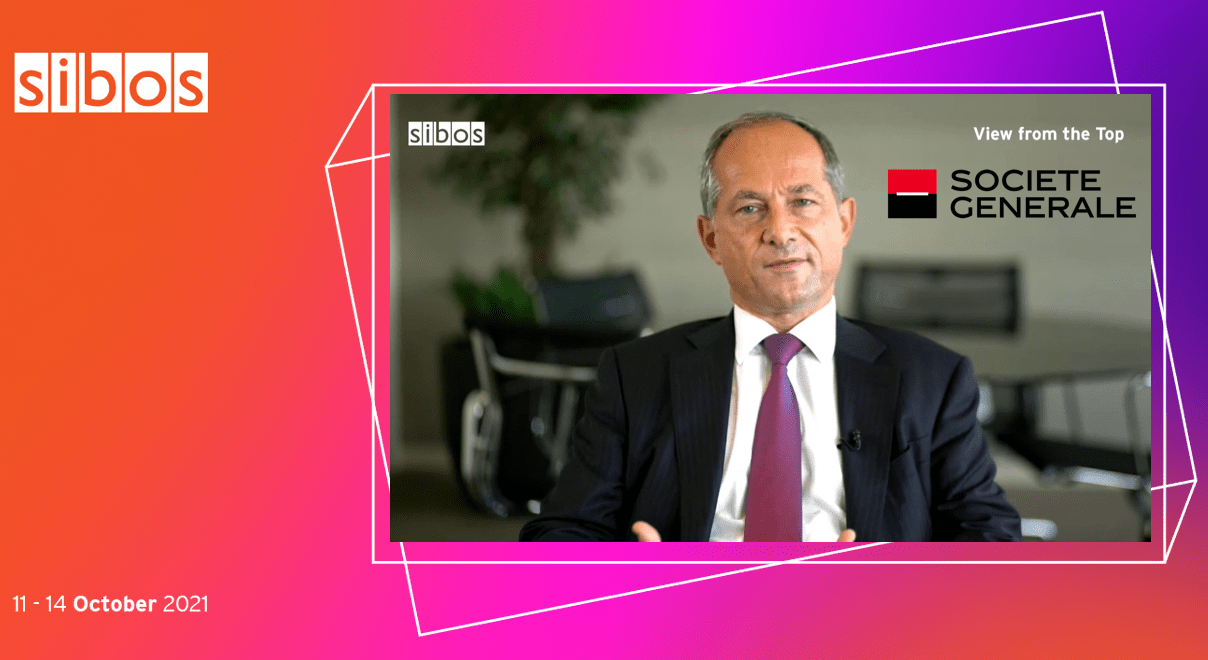
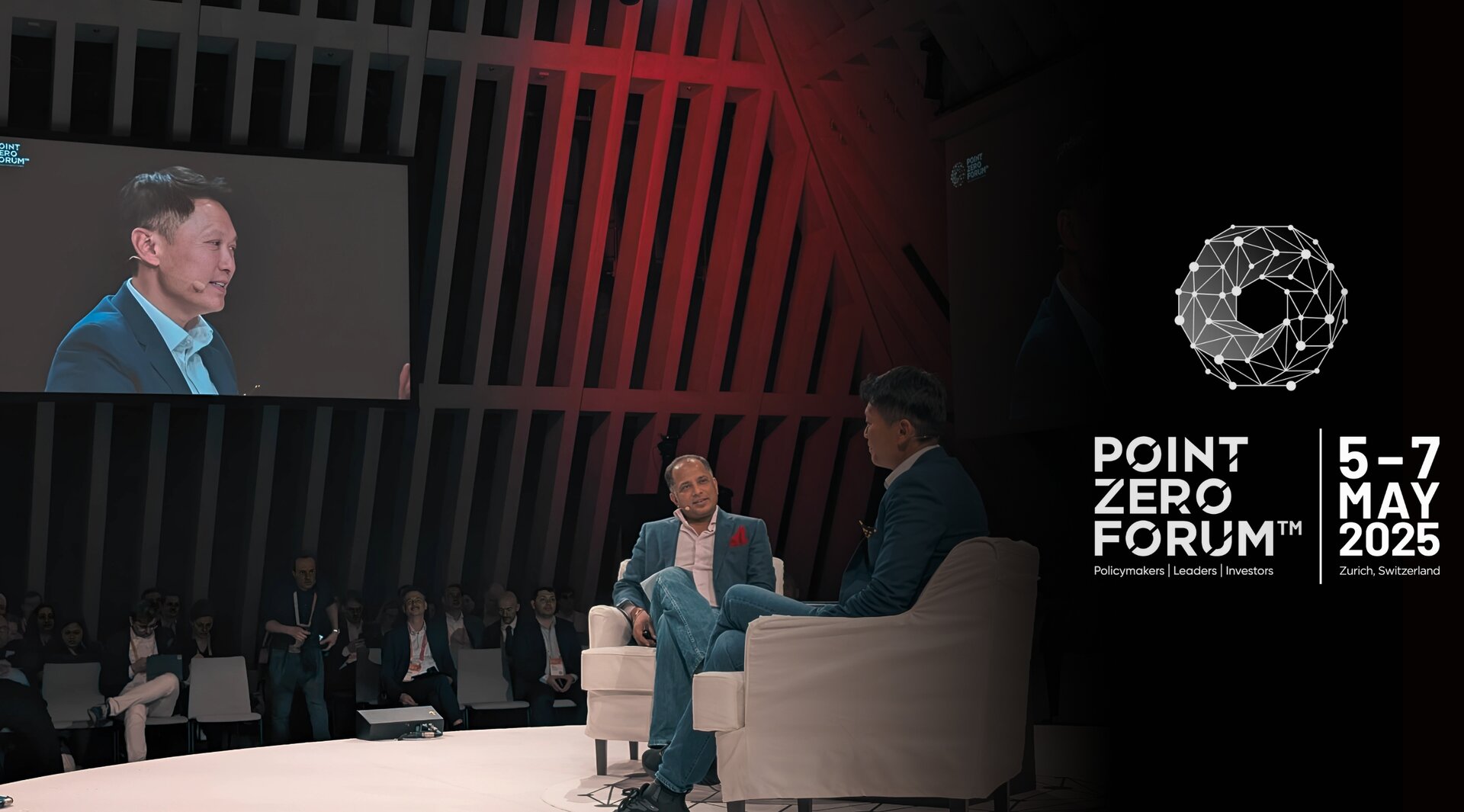

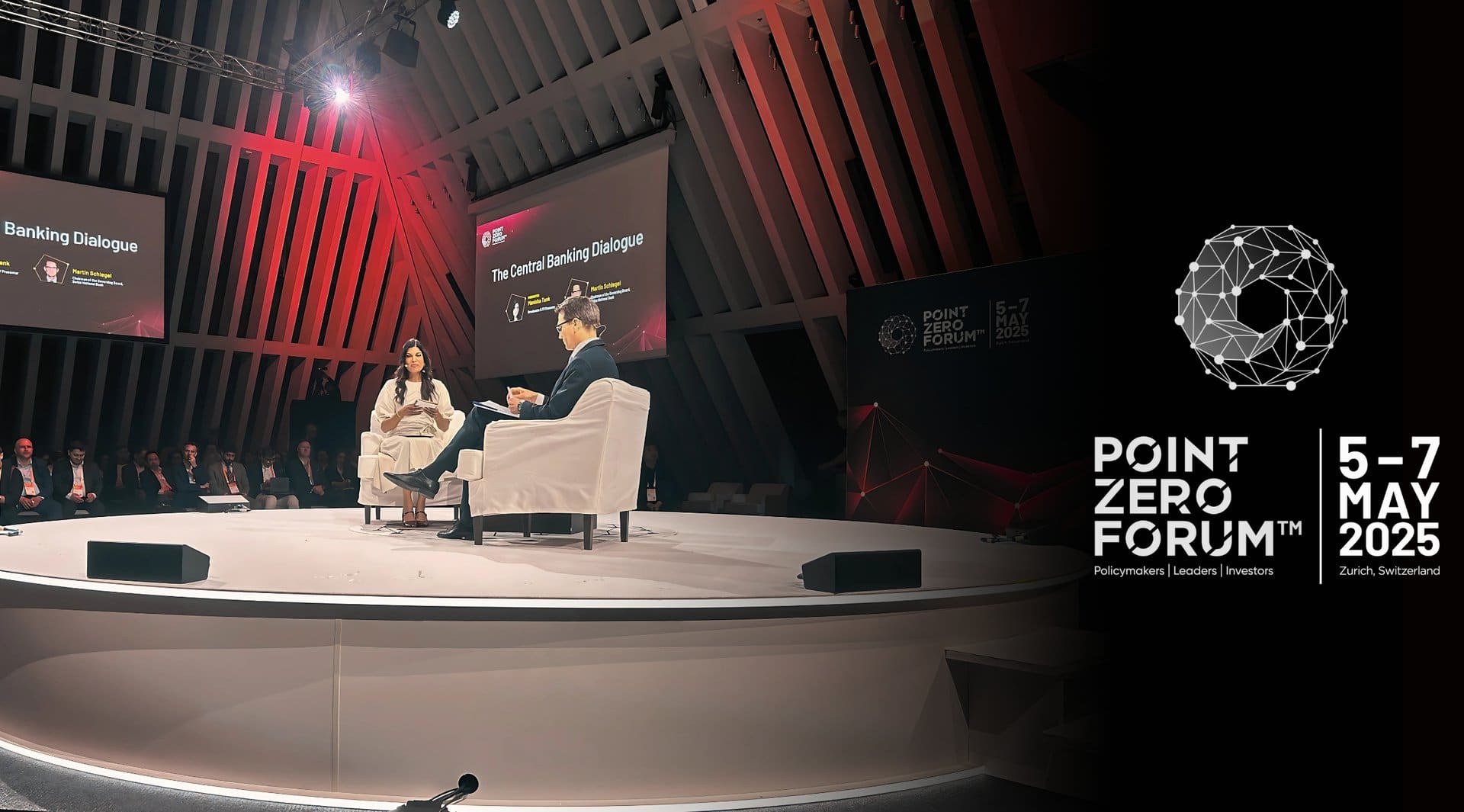







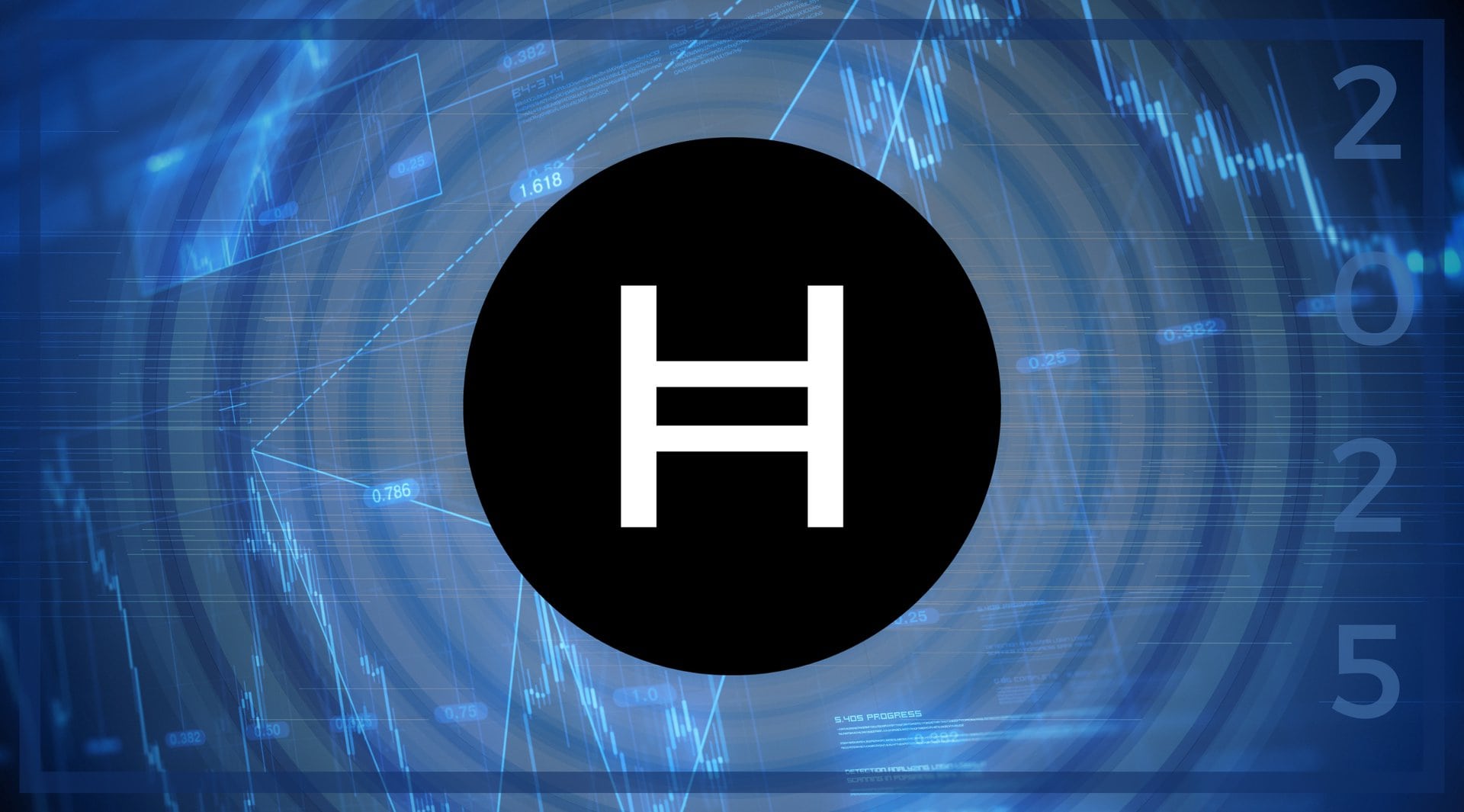
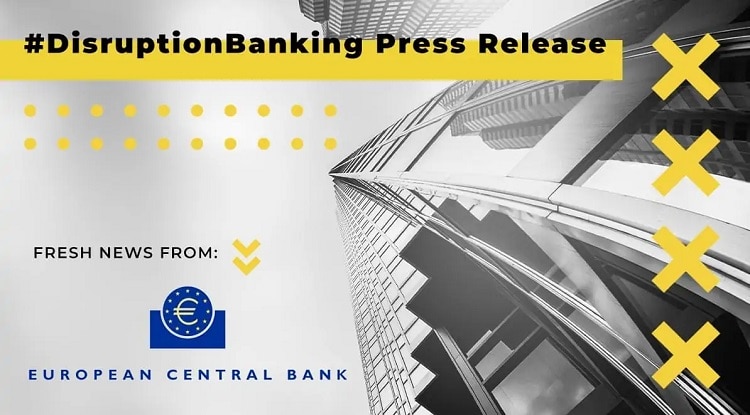

One Response